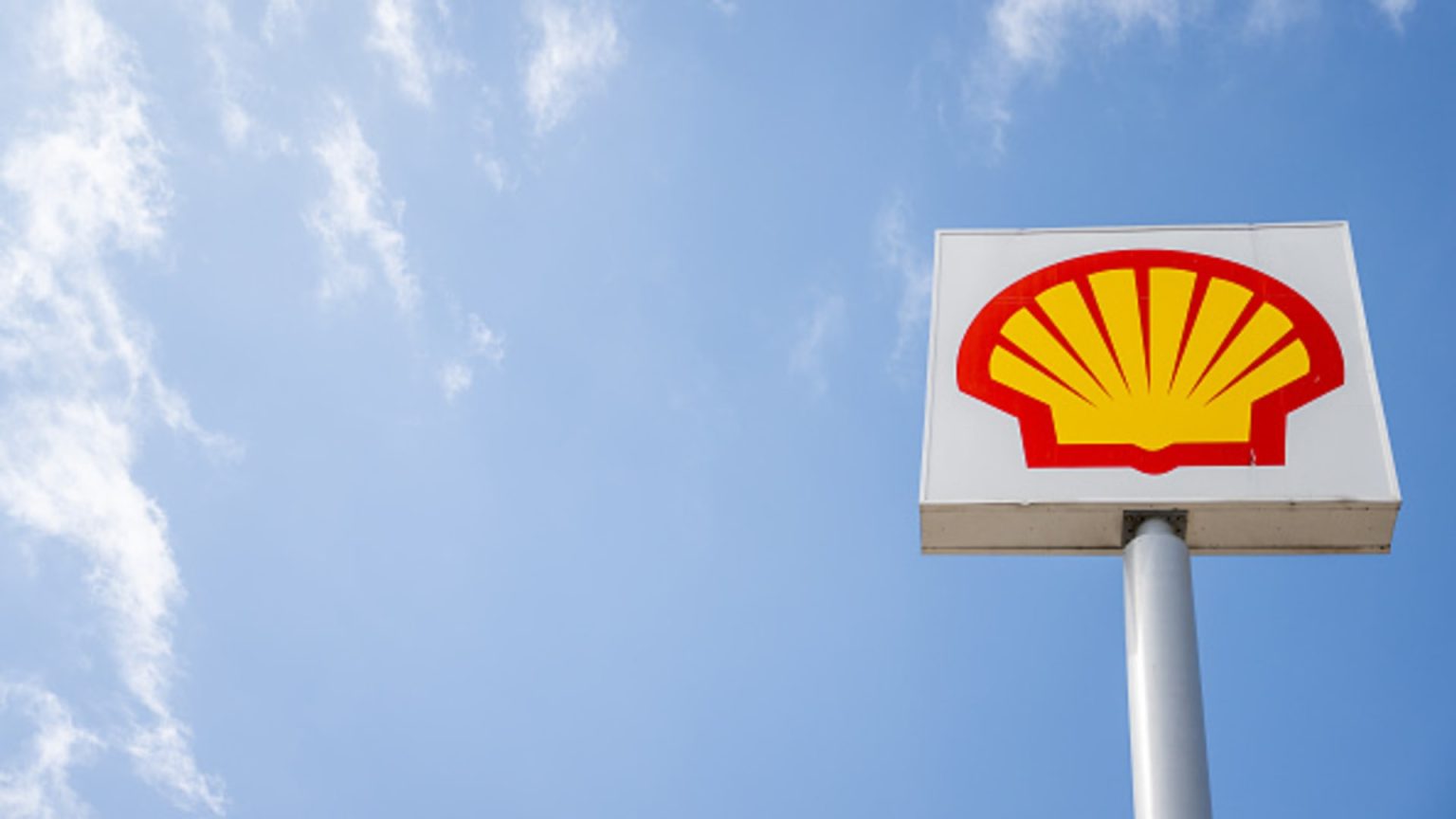On Friday, Shell, the British oil giant, reported a first-quarter profit of $5.58 billion, exceeding analyst expectations despite a significant decline from last year’s earnings. Following this announcement, the company revealed plans for a $3.5 billion share buyback program, continuing its trend of shareholder returns amid a challenging oil market. Investors remain cautious as fluctuating oil prices and external factors weigh on industry stability.
| Article Subheadings |
|---|
| 1) Overview of Shell’s Financial Performance |
| 2) Market Reactions to Shell’s Earnings |
| 3) The Broader Context of Oil Prices |
| 4) Future Outlook for Shell and the Oil Sector |
| 5) Conclusion and Key Takeaways |
Overview of Shell’s Financial Performance
Shell’s adjusted earnings for the first three months of 2025 amounted to $5.58 billion, surpassing the analysts’ consensus forecast of $5.09 billion. This figure, however, represents a notable decrease from the $7.73 billion reported during the same period last year, signifying a 28% drop in year-over-year profits. Additionally, Shell’s earnings have also significantly decreased from the previous quarter, where they reported $3.66 billion. The decline is indicative of the ongoing volatility attributed to various factors affecting the oil market.
Market Reactions to Shell’s Earnings
In response to the earnings report, Shell’s shares saw an increase, trading 2.6% higher at 1:52 p.m. London time. This uptick reflects a positive sentiment among investors, buoyed by the company’s commitment to revitalizing shareholder returns through a new $3.5 billion share buyback initiative. This announcement marks the 14th consecutive quarter in which Shell has pledged over $3 billion in buybacks, reinforcing its strategic focus on returning value to shareholders even as broader industry challenges persist.
The Broader Context of Oil Prices
The recent performance of oil prices has been discouraging, with Brent crude futures quoted at approximately $61.78 per barrel, a decrease from around $83 a year prior. Demand concerns and geopolitical factors, particularly the dynamics surrounding Saudi Arabia’s oil production strategies, have compounded the pressures on the oil market. Analysts at Bank of America noted that these factors have overshadowed the earnings season for major oil companies, raising questions about future price stabilizations.
Future Outlook for Shell and the Oil Sector
Shell’s CEO, Wael Sawan, described the latest earnings results as “another solid set of results,” emphasizing the company’s strong performance and resilience during challenging times. Despite the pressure from declining profits, Shell remains committed to maintaining a reduced annual investment budget of $20 billion to $22 billion for 2025. The company has indicated a strategic pivot towards liquefied natural gas (LNG), which may offer it a pathway to recover from current market pressures.
Conclusion and Key Takeaways
As the oil sector grapples with fluctuating profits and external uncertainties, Shell’s ability to exceed expectations in earnings, along with its robust share buyback program, reflects its strategic maneuvering in a volatile market. Investors remain keenly observant of Shell’s ongoing commitment to shareholder returns, even as the company contours its operational focus to adapt to changing conditions. The context of declining oil prices presents a challenge that will require astute management and strategic foresight to navigate successfully.
| No. | Key Points |
|---|---|
| 1 | Shell reported a first-quarter profit of $5.58 billion, exceeding analyst expectations. |
| 2 | The company’s earnings fell by 28% compared to the same quarter last year. |
| 3 | Shell announced a $3.5 billion share buyback, continuing a trend of shareholder returns. |
| 4 | Brent crude prices have dropped significantly, impacting overall market sentiment. |
| 5 | Future investments are projected to range between $20 billion and $22 billion for 2025. |
Summary
Shell’s recent profit report shines a light on the resilience of the oil giant amidst declining earnings and a challenging market environment. The commitment to shareholder returns through buybacks signals a strategic position intended to bolster investor confidence. However, ongoing fluctuations in oil prices and demand will require the company to adapt proactively, ensuring sustainable growth in an unpredictable industry landscape.
Frequently Asked Questions
Question: What led to the decline in Shell’s earnings this quarter?
The decline in Shell’s earnings this quarter can be attributed to several factors, including a weak demand outlook, falling crude prices, and geopolitical uncertainties affecting the oil market.
Question: What is a share buyback program?
A share buyback program is a strategy used by companies to purchase their own shares from the marketplace, thereby reducing the total number of outstanding shares and often increasing the value of remaining shares.
Question: How does Shell plan to address the challenges in the oil market?
Shell plans to address challenges in the oil market by maintaining a reduced investment budget and focusing on liquefied natural gas (LNG) as part of its strategic direction to adapt to evolving market conditions.


